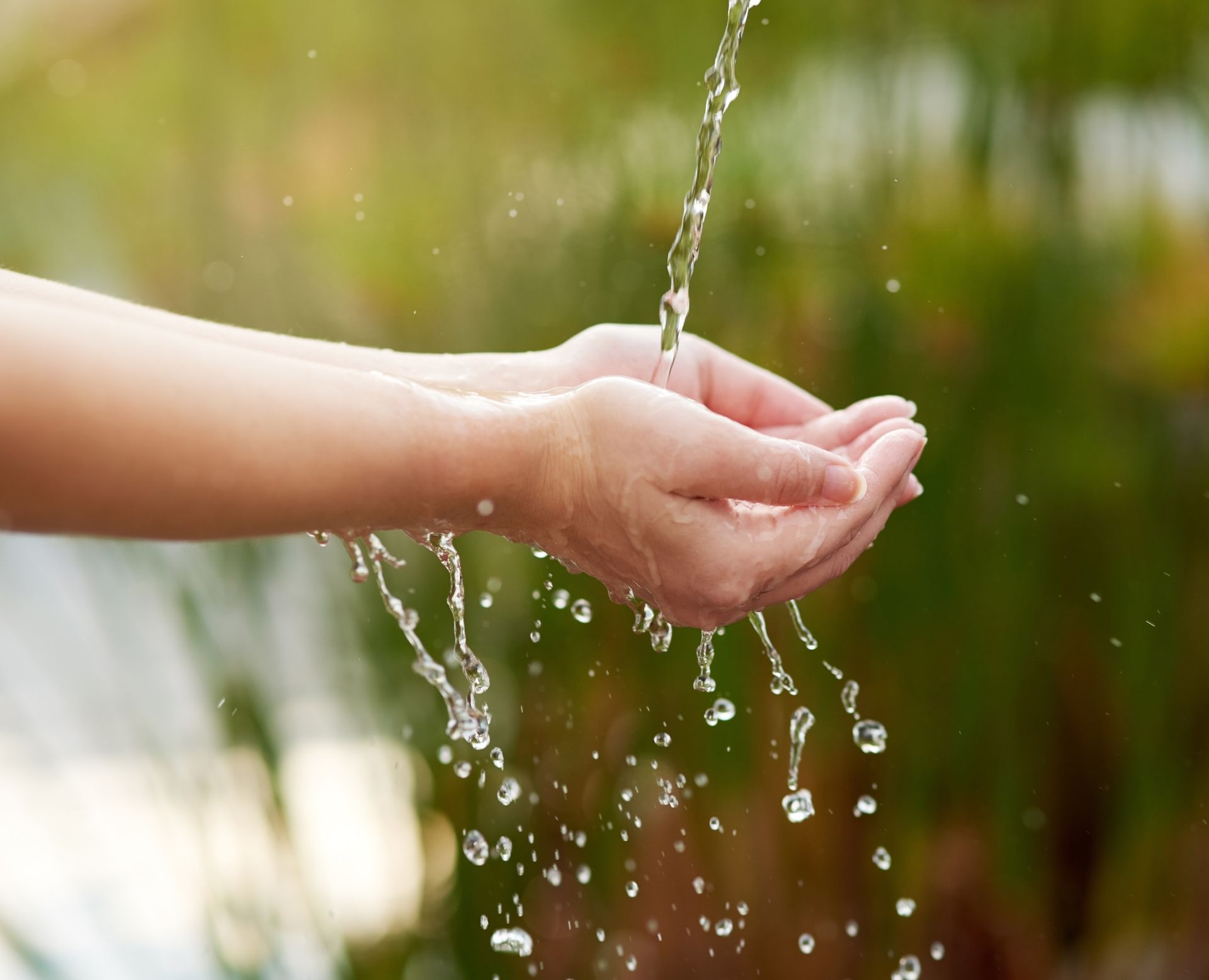Water has always been more than a physical necessity. Across cultures and throughout history, it has symbolised life, renewal and connection. In recent years, as environmental and social challenges have placed growing strain on communities, water has also been used as a unifying force. One inspiring example is a community water ceremony that helped bring together people who had been divided by conflict and mistrust. By combining cultural tradition, environmental stewardship and shared humanity, the ceremony not only honoured the value of water but also helped restore respect among neighbours.

The Symbolic Power of Water
Water has a profound cultural and spiritual resonance across the globe. Many Indigenous traditions view rivers, lakes and springs as living entities with rights and responsibilities of their own. In Christianity, baptism symbolises cleansing and rebirth. In Hinduism, bathing in the Ganges is believed to purify both body and spirit. Even in secular contexts, water often marks important events, from toasts at celebrations to the symbolic pouring of libations at memorials.
Because of this deep symbolic power, water can provide a neutral ground in situations where words or politics alone cannot bridge divides. Its universality reminds us that whatever our differences, we all rely on the same basic element to survive. A growing body of research in peace studies and environmental humanities suggests that rituals involving natural resources can foster dialogue, empathy and reconciliation in communities where other forms of engagement have failed.
A Community in Conflict
The water ceremony at the heart of this story took place in a town that had been facing both environmental and social challenges. Years of disputes over land use, declining water quality in the local river and political tensions had eroded trust between different groups. Neighbours who once greeted one another with ease now struggled to find common ground. The river itself had become a flashpoint, with debates over pollution, fishing rights and access deepening the sense of division.
Against this backdrop, a group of local leaders proposed hosting a ceremony that would bring people together around the shared theme of water. The idea drew on both cultural traditions and contemporary reconciliation practices. It was not about solving every problem at once but about creating space for people to meet, listen and reflect in an environment of respect.
The Ceremony: Ritual and Renewal
The event took place on the banks of the river, with elders, youth, faith leaders and environmental groups all invited to take part. The ceremony began with a simple acknowledgement of the river as a source of life. Water from the river was collected in a vessel, then poured back with words of gratitude. Music, storytelling and symbolic gestures were woven throughout, drawing on traditions from several cultural backgrounds represented in the community.
What made the ceremony powerful was its inclusivity. Everyone present was invited to contribute, whether by offering a blessing, sharing a memory, or simply standing in silence. Children collected pebbles from the riverbank and placed them in a circle to represent unity. Elders spoke of their memories of the river in healthier times. Environmental groups provided short reflections on the importance of clean water for future generations.
While the ceremony did not erase years of tension, it shifted the tone. By focusing on something bigger than individual grievances, participants were able to see one another not as adversaries but as fellow guardians of a shared resource.

Songkran, in Thailand, is one of the world’s many water based cultural festivals.
Healing Through Shared Values
The success of this ceremony reflects a wider truth: environmental rituals can act as powerful tools for social healing. Research from the field of eco-psychology suggests that reconnecting with natural cycles and elements can reduce stress, promote empathy and strengthen group identity. In practical terms, ceremonies centred on shared resources can also open the door to more constructive dialogue. Once people have found common emotional ground, they are more likely to collaborate on tangible solutions such as river clean-up projects or conservation efforts.
This approach aligns with global movements that recognise the rights of nature. From the Whanganui River in New Zealand, which has been granted legal personhood, to local water blessings in Scotland, there is a growing recognition that treating water with respect is not only ecologically sound but socially transformative. By honouring water as something sacred and shared, communities can find new ways to respect one another.
A More Positive Path Forward
The ripple effects of the water ceremony in this community extended well beyond the day itself. In the months that followed, new collaborations emerged. Local schools began teaching students about the cultural and ecological significance of the river. Faith groups worked together to organise riverbank clean-ups. Small-scale policy changes, such as agreements to monitor pollution more closely, gained traction because trust had been re-established.
Importantly, the ceremony gave people hope. In a time when many feel powerless in the face of global environmental challenges, coming together for a simple, meaningful ritual reminded participants of their agency. It demonstrated that healing is possible, not only for the river but for the community itself.
Restoring Respect Together
The story of this water ceremony is a reminder that respect is both a value and a practice. It is shown through the way we treat one another and the way we treat the natural world. By creating spaces where cultural tradition, environmental care and human connection meet, communities can find paths through division and conflict.
In the end, water connects us all. It sustains our bodies, nourishes our lands and symbolises renewal. When we honour water, we honour life itself. By restoring respect for this shared resource, we also restore respect for one another, opening the possibility of healthier rivers and stronger, more united communities.




